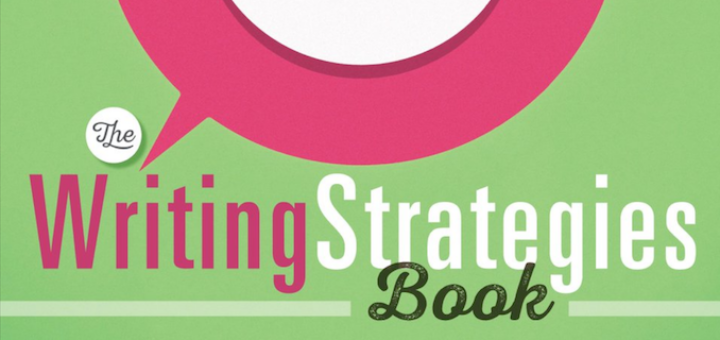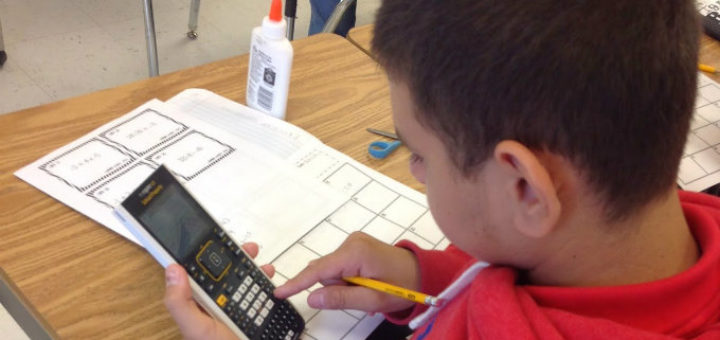Teaching and learning in grades 4-8
MS librarian Rachel Grover’s favorite role is instructional partner, working with teachers across disciplines to extend and enhance the curriculum. Using examples from her practice, Grover describes how skilled librarians can boost student (and teacher) learning.
Teachers have lots of justifiable reasons to complain about their jobs, says author-educator Jenny Rankin. But “loving your work and experiencing peace and success on a daily basis are certainly within your reach.” Attitude isn’t everything, she says, but it helps to avoid toxic thinking.
Social studies teacher Sarah Cooper improved classroom conversation and debate when she let students select and then rate current events articles as “super,” “okay,” or “not that great for discussion.” Cooper shares her process and some samples from each category.
Content area teachers can access easy-to-use lessons and mentor texts to strengthen students’ writing in Nancy Steineke and Harvey “Smokey” Daniels’ resource book. Teacher Linda Biondi describes the detailed, teacher-friendly format for lessons lasting 10 to 40 minutes.
In “The Writing on the Classroom Wall” teacher Steve Wyborney shows us how to increase student ownership and motivation and help kids become life-long learners by a process of sharing and considering 24 Big Ideas. Laura Von Staden recommends the book highly.
Consultant Jen Serravallo often hears teachers say they’re uncomfortable teaching writing. Her solution: promote student engagement and independence. As kids become more excited, she says, “that enthusiasm will spill over to you.” Here are five ideas to get started.
Tracking progress toward a larger goal helps us build a sense of achievement and the courage to keep going. “That’s the same cycle you want to build in your students,” says Barbara Blackburn, who shares ways to help kids see their growth and recall their victories.
Math teacher Michelle Russell is rethinking her open-use policy toward calculators in her classroom. Is ready access hindering students’ grasp of the fundamentals? She’s decided to be more intentional about timing and helping her students recognize reasonable answers.
Traditional conferencing isn’t a good fit for Amber Chandler’s project-based classroom. She uses a version of “unconferencing” that provides flexible student support, with help available from both teacher and classmates. A detailed example explains the process.
The second edition of John F. Barell’s “Why Are School Buses Always Yellow?” shows teachers how they can inspire young minds to think beyond the text, to ask questions and to wonder, achieving inquiry learning while meeting standards, says reviewer Linda Biondi.







































